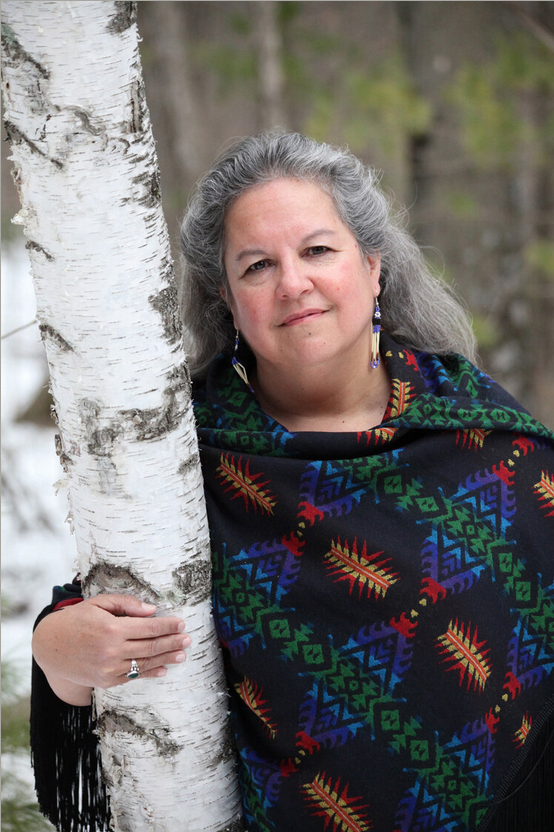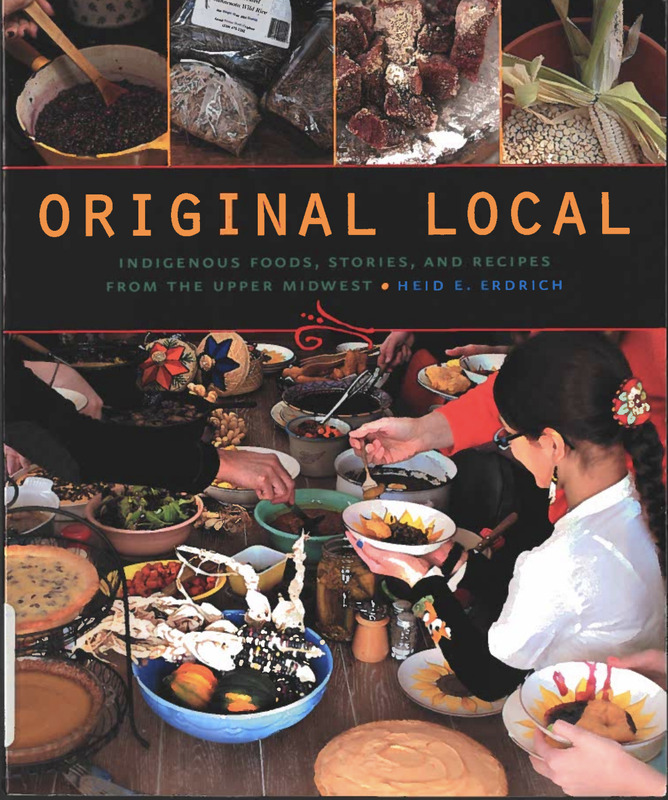First Nations & North American Indigenous
The collection of novels in this section center stories by and about First Nations and North American Indigenous peoples. While these stories share the culture and beliefs of many Native Americans, these stories do not encompass all indigenous stories around the world.
MEET THE AUTHOR!

Photo courtesy of the author Stephen Graham Jones.
Member of the Blackfeet Nation
Learn More About the Author Here: https://www.demontheory.net/
MEET THE AUTHOR!

Photo of the author Cherie Dimaline. (No mention of who took the photo on author website)
Member of the Metis Nation of Ontario
Learn More About The Author Here: http://www.cheriedimaline.com/
MEET THE AUTHOR!

Photo of the Author Heid E. Erdrich
Ojibwe, enrolled at Turtle Mountain
Learn More About the Author Here: https://heiderdrich.com/
MEET THE AUTHOR!

Photo of the author Robin Wall Kimmerer
Member of the Potawotami Nation
Learn More About the Author Here: https://www.robinwallkimmerer.com/
Goodreads Inc. (n.d.). Goodreads. https://www.goodreads.com/
Wikimedia Foundation. (2023, December 1). The Lesbiana’s Guide to Catholic School.
Wikipedia.https://en.wikipedia.org/wiki/The_Lesbiana%27s_Guide_to_Catholic_School



